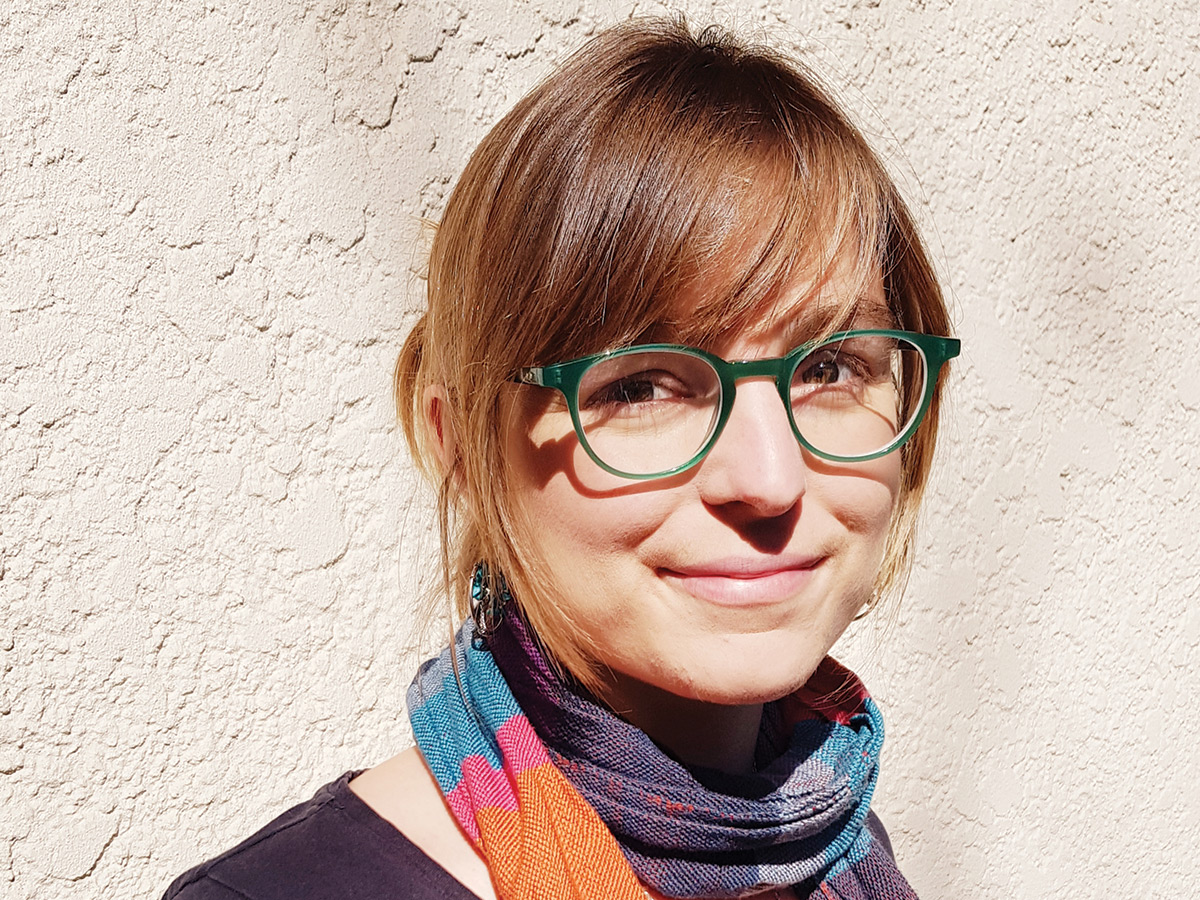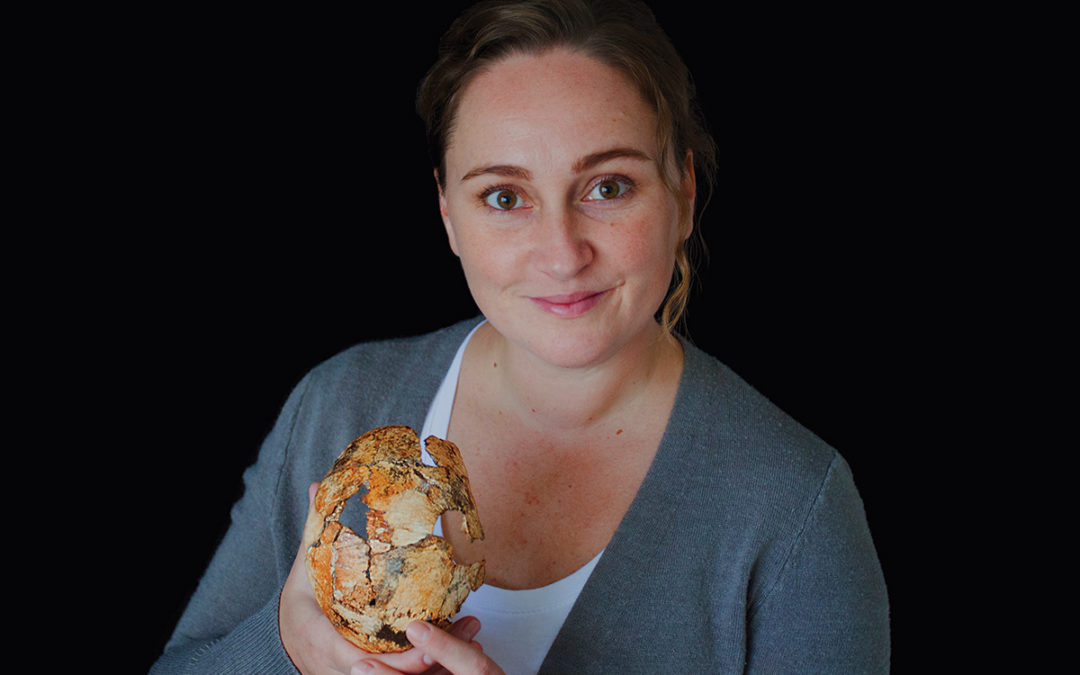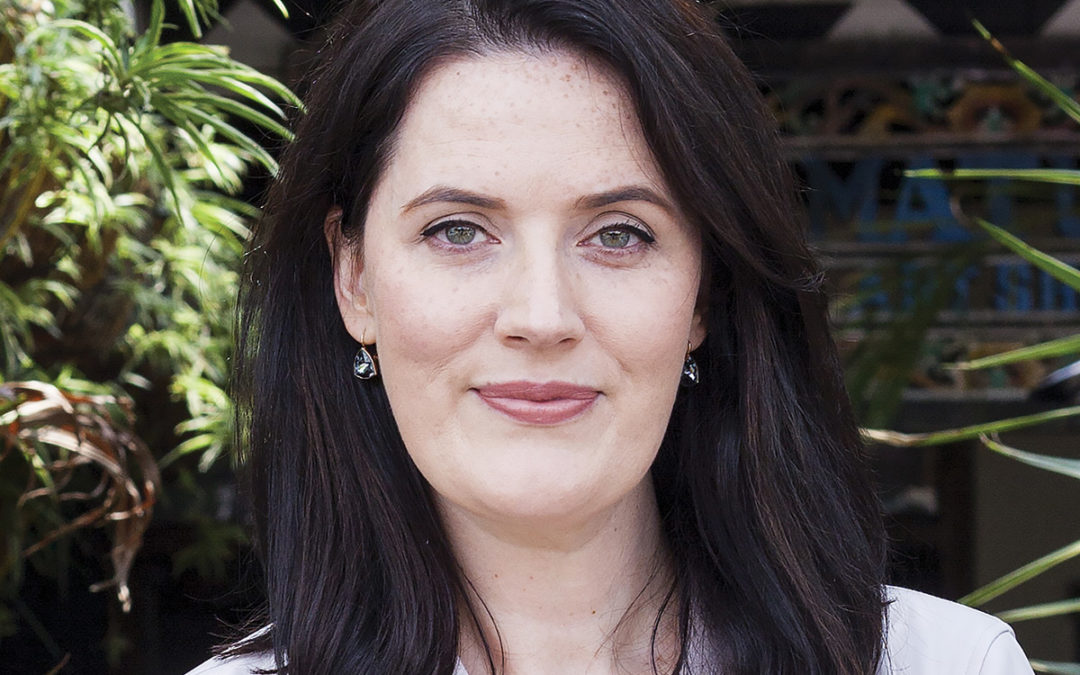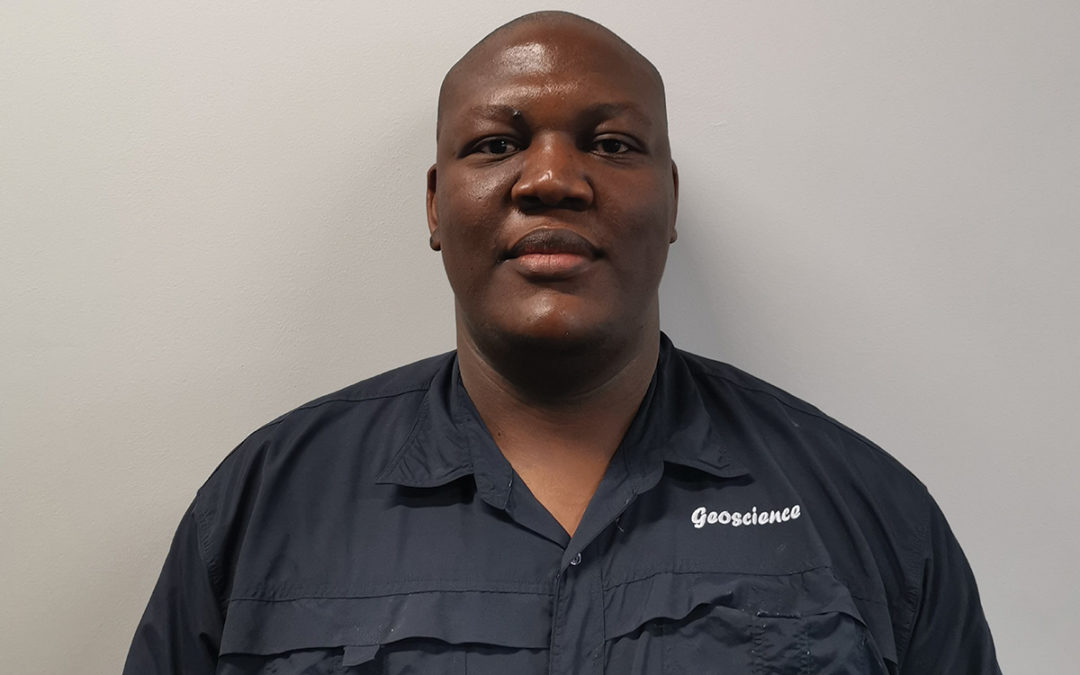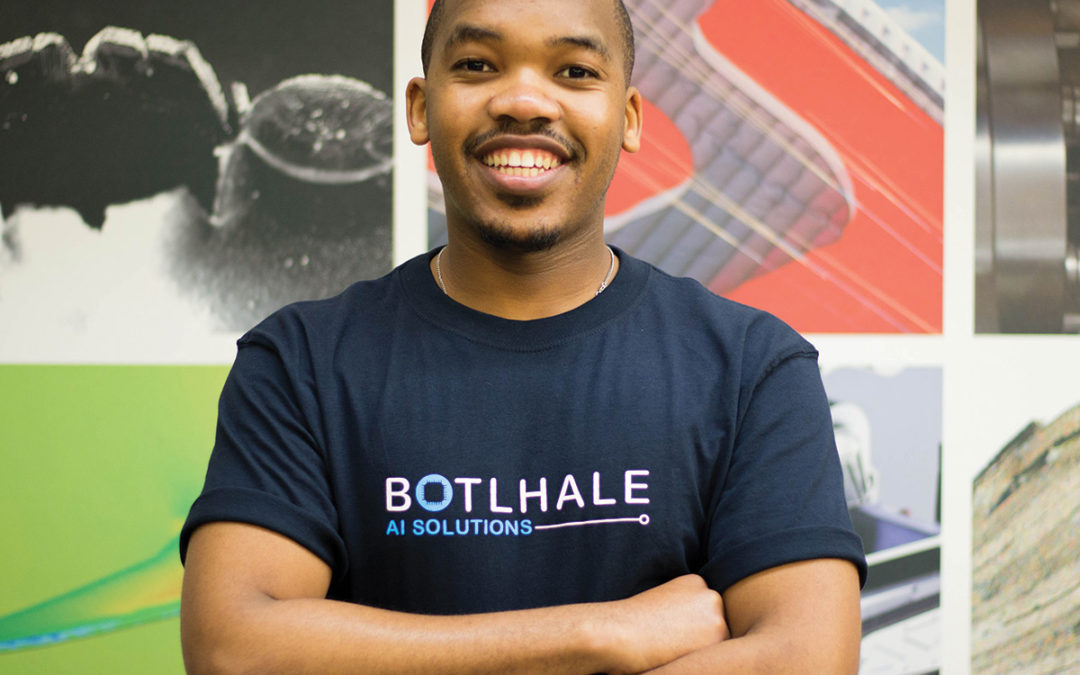Postdoctoral fellow at the Evolutionary Studies Institute at the University of the Witwatersrand, Kimberley Chapelle wants to make palaeontology as accessible as possible to South Africans. In her ideal world, she’d be able to ask a child what their favourite dinosaur is and have them respond with “Massospondylus” or any other species.
“South Africa has one of the most incredible fossil records in the world, and it is something that we should all be proud of,” she says.
Chapelle believes that any contribution to science provides a helpful step towards a better understanding of the world. She adds: “Science is ever-changing, and although findings of today may be disproved or argued in the future, they will never be irrelevant.” That’s what challenges her to constantly evolve.
She counts her first publication as an author in 2018 as one of her proudest moments and even though it took several years to get out, there’s something special about one’s first official contribution to scientific literature. She is also one of the few people who can say she’s had the privilege of naming a new dinosaur species — Ngwevu intloko in the Free State.
Chapelle notes that academia is high pressure and competitive, so it’s easy to get swept up in the hustle. She tries to be deliberate about living a balanced lifestyle. “It’s important to take some time for yourself and the things that make you happy. Mental health should be a priority. Second, things don’t always go according to plan, and that’s alright. You might not get the job you’ve dreamed of since you were seven, but you might end up doing something that you enjoy even more.”
